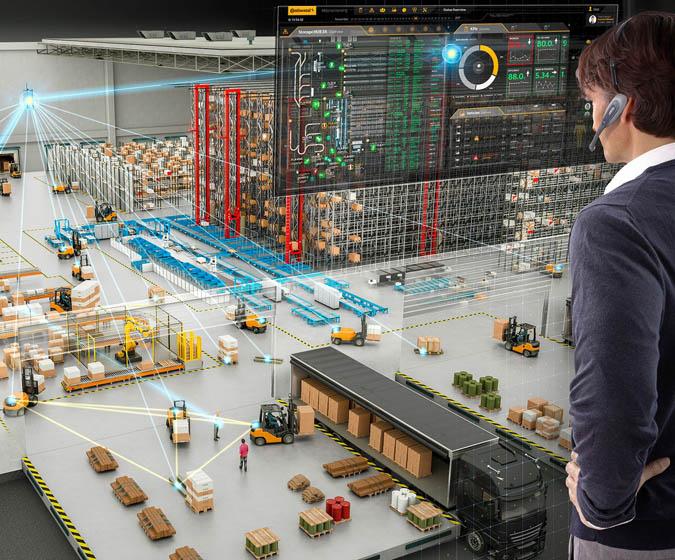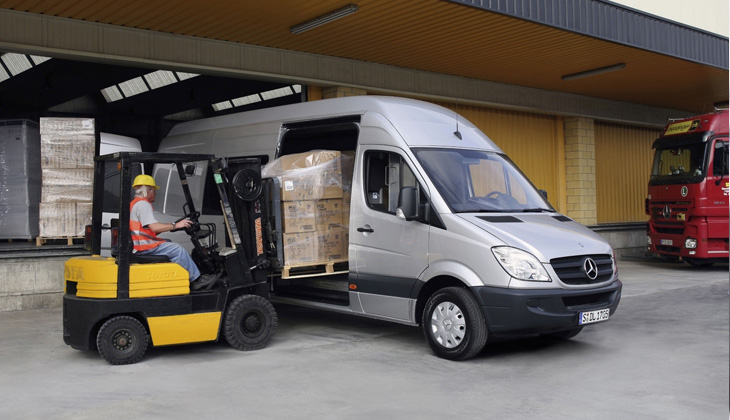The report on trends and forecasts for the global logistics market, published on March 1 by ResearchAndMarkets, stated that its volume at the end of 2021 reached USD 563.2 bln. Meanwhile, over the next 5 years, the average annual growth rate will be 5.8%, rising to USD 812.6 bln by 2027. It is worth noting that the report was published before the outbreak of hostilities in Ukraine. Yet even last year a number of experts warned that the sector was high-risk, citing such factors as the instability of the geopolitical situation, the strengthening of the U.S. sanctions against Russia and China, and retaliatory sanctions. However, the researchers note, as shocks like COVID-19 or trade wars change logistics, it's critical to keep an eye on innovations in this area.
Supply Chain as a Service (SCaaS)
Cloud computing is redefining business management and, in particular, how supply chains work. Similarly, SCaaS allows businesses to get a much quicker return on investment by relying on a virtual partner to meet some or all of their logistics needs. This cooperation is accomplished through cloud-based software. Thus, companies that use the supply chain as a service model reduce their costs, use more of their resources, and have well-scaled supply chains.
NFT and Blockchain
Blockchain technology, used to improve the speed and security of information exchange, began to emerge as a trend in 2021 and will become a full-fledged trend this year, as it will make communication between supply stakeholders more secure, transparent and efficient. Blockchain has also led to the emergence of NFTs (non-fungible tokens), digital documents similar to contracts that are registered using blockchain technology. In logistics, this may increase the security of transmitting all product-specific information. Blockchain will also allow the automation of logistics processes, simplify the verification of goods by reducing the number of documents and ensuring end-to-end traceability.
Artificial Intelligence and Digital Twins
In logistics, AI reveals the true potential of big data. Using the power of big data, logistics companies will be able to make accurate forecasts and increase the efficiency of their operations. Artificial intelligence in logistics has a positive effect on the management of warehouse operations. Smart robots may identify, move, sort and track product inventories. AI optimizes the delivery routes of goods in real time, increasing the efficiency of urban logistics and reducing transportation costs.
The Internet of Things and Digital Twins
With IoT, companies automatically measure their inventory as millions of sensors instantly send reports to a central hub. On a broader scale, the Internet of Things provides a wealth of data for supply chain management that facilitates the optimization of logistics processes, thereby reducing business operating costs.
Supply chains are now so detailed that companies are able to create their virtual versions, called digital twins. They may be modified and customized to find improved ways of operation, which may then be implemented in the real world.
Anti-Theft GPS
Anti-Theft GPS technology in the transportation and logistics business today goes beyond a simple tool to help drivers navigate multiple locations. Logistics companies are focusing on increasing transparency as mobile technology and mobile apps evolve. Thus, the introduction of tracking technologies is one of the main trends in logistics. Anti-Theft GPS, for example, is a means of obtaining near real-time information about the location of the entire fleet and vehicles. Additional security protocols will also prevent loss along all dimensions.






